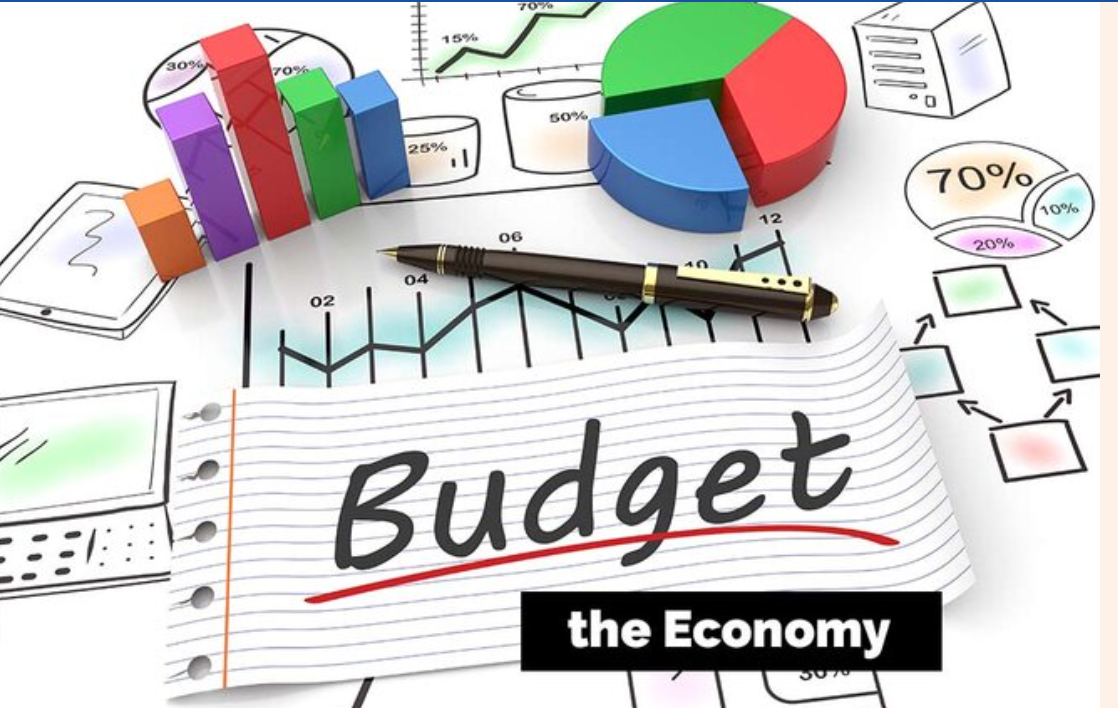According to the data of the Ministry of Treasury and Finance, the budget deficit was 118.6 billion liras in December 2022. In December 2022, budget revenues increased by 96.7% annually to TL 255.2 billion, while expenditures rose by 31.3% to TL 373.8 billion. The primary deficit, which was in TL 146.1 billion in December 2021, improved by 31.3% to TL 100.4 billion by December 2022.
Central government budget deficit for the whole year of 2022 is 139.1 billion liras, 31% behind the previous year. Budget revenues increased by 99.9% compared to the previous year to end the year at 2,802.4 billion TL, while expenditures for the whole year increased by 83.4% to 2,941.4 billion TL.
While the Finance Ministry defined primary balance gave a surplus of 171.8 billion liras for the whole of 2022, it had a deficit of 20.7 billion liras last year. The government has not announced the IMF defined budget balance for a while.
Budget deficits shrink substantially as percentage of GDP
The budget deficit to GDP ratio, which had risen to 3.4% in 2020, narrowed to 2.7% in 2021. As of end-2022, it has decreased to around 1%. Leaving aside the problems in the composition of expenditures, we see that fiscal discipline is preserved as the last bastion of economic prudence by AKP administration.
On the other hand, the good news of 2022, the details of which we have analyze below, is driven by a sudden increase in inflation.
While low interest rates and increasing inflation throughout the year accelerated the total nominal demand, boosting growth, tax revenues increased, while public expenditures easily kept pace with them. Although inflation will slow down with the base effect, economic hardship in 2023 will limit the increase in incomes as the economy slows down and inflation turns sticky around 45%, hampering budget revenue growth. Yet, in the rate of increase in expenditures, it will not be possible to observe the same slowdown.
In the first six months, the pressures towards election spending will keep current expenditures high, bolstered by the effect of rising inflation of personnel expenditures, while interest expenses will appear to be under control due to the irrationally suppressed bond yields. In the second half of the year, it is possible to observe a rapid increase in the budget deficit unless the brakes are applied in expenditures.
By the end of 2023, it seems possible to see deficit to around 2.5% of GDP again
With the current pace of increase in current transfers at 80%, capital expenditures at 111% and capital transfers at 92%, budgetary expansion is already well ahead of 2022 year-end Turkstat CPI of 64%.
The annual increase in interest expenses is 72%, but, when “transfers” of 92.5 billion liras to KKM (FX protected deposit insurance scheme subsidies) are added, it is at a very high level of 123%.
It should be added that in addition to 92.5 billion liras transferred to KKM, 126.4 billion liras were transferred to state monopoly natural gas grid owner and importer BOTAŞ as debt and “duty expenses”, i.e., subsidies by the government to keep retail tariffs low. The fact that social transfers are limited to 44.5 billion liras and agricultural support payments are limited to 39.6 billion liras in the 2022 budget, besides the figures transferred to KKM and BOTAŞ, is remarkable in the face of deepening poverty and agricultural incomes declining precipitously.
The effect of high inflation and moderate economic activity on incomes
In December 2021, budget revenues increased by 96.7% from TL 129.7 billion to TL 255.2 billion. The annual increase is at a similar level at 100%.
The 185% increase in corporate tax revenues throughout the year is remarkable. The fact that VAT revenues are limited to 42% is similarly interesting the main reason being under-reporting and frequent attempts to slow down inflation via VAT freezes or forbearance.
On the other hand, the annual increase in SCT (Special Consumption Tax) revenues is strong with 104% for all of 2022. SCT on energy consumption and on motor vehicles are the basis of this performance. Although VAT from imports completed the year with an increase of 121%, the loss of momentum in recent months is significant.
Analysis by Guldem Atabay
Follow our English language YouTube videos @ REAL TURKEY: https://www.youtube.com/channel/UCKpFJB4GFiNkhmpVZQ_d9Rg
And content at Twitter: @AtillaEng
Facebook: Real Turkey Channel: https://www.facebook.com/realturkeychannel/
